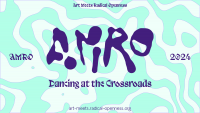blog by Marie-Louise Crawley and Rosa Cisneros (COVUNI).
In response to one of WEAVE’s central research questions, ‘What open and reusable digital tools can be developed for working with Cultural Heritage content?’, the Coventry team has been tasked with building up the capacity of CHIs to work with digital intangible heritage and with cultural communities. We will produce practices and guidelines for CHIs concerning community engagement and management, materials for training, considering the available tools for social transformation and negotiation strategies.
To accomplish this, we will be developing a WEAVE methodological framework. This will specify hands-on methodologies, building on the LabDay methodology used in the CultureMoves Europeana Generic Service project for communities to engage with project activities and to select the content and collections to be aggregated. Labdays will take place from Autumn 2021 onwards, targeting the following communities: Roma community; Traditional Portuguese dance and culture; Historical dance community (Early Dance Circle [EDC]); Daguerreotype photography community; Slovenian CH community.
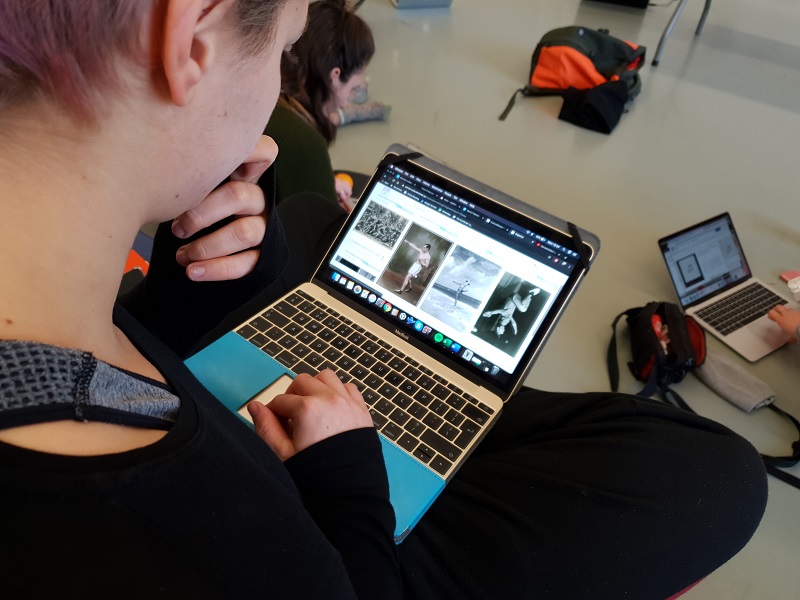
credits: CultureMoves 2020
The LabDay framework is underpinned by Communicative Methodology (CM), a sociological method that aims to cross social, cultural and linguistic boundaries. This framework enables an open, egalitarian dialogue between researchers and participants; it is a collaboratively-held space where all voices are acknowledged and valued and stakeholders can reflect together on their needs, desires and various forms of participation.
This bottom-up approach will enable cultural communities to themselves become a driver for the WEAVE Toolkit, developing from their bespoke needs concerning the management of their intangible and tangible heritage.
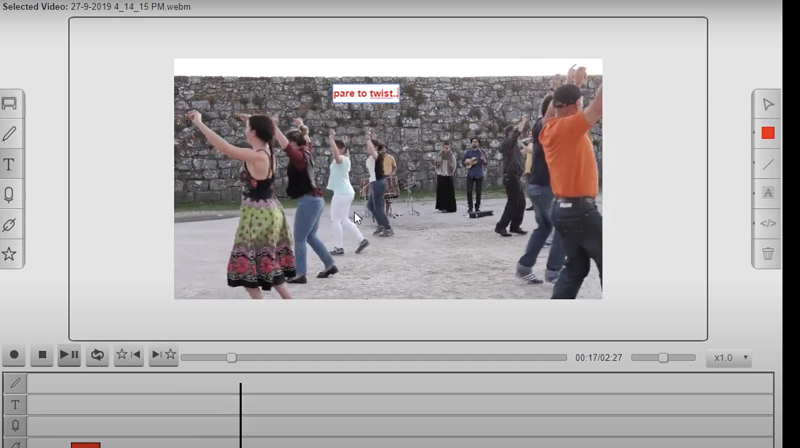
credits: CultureMoves 2020
As topics addressed will include sensitive topics such as the relation to identity politics and the issues of (virtual) repatriation/restitution, the open and egalitarian nature of the LabDay methodology offers a safe space for these sensitive topics to be addressed and considered and to feed into the development of the WEAVE Toolkit.
To learn more about the LabDays carried out within the CultureMoves Project, you can read the CultureMoves White Paper and deliverable D4.1 Report on CultureMoves services demonstration, both available here: https://www.culturemoves.eu/#resources
Crawley and Cisneros have also published a short article entitled ‘Moving, annotating, learning: MotionNotes LabDays – a case study’ in the International Journal of Performance Arts and Digital Media Special Issue ‘Digital Annotation and the Understanding of Bodily Practices’ (edited by Scott deLaHunta, David Rittershaus and Rebecca Stancliffe): https://www.tandfonline.com/doi/abs/10.1080/14794713.2021.1880141


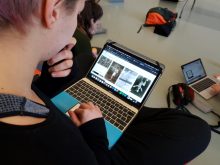
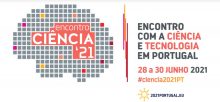
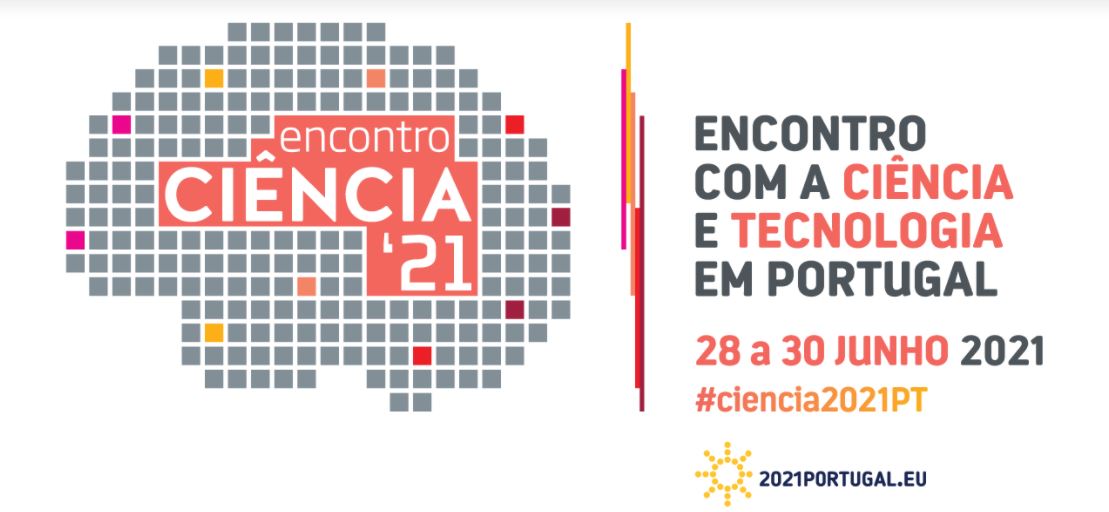
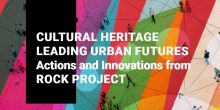
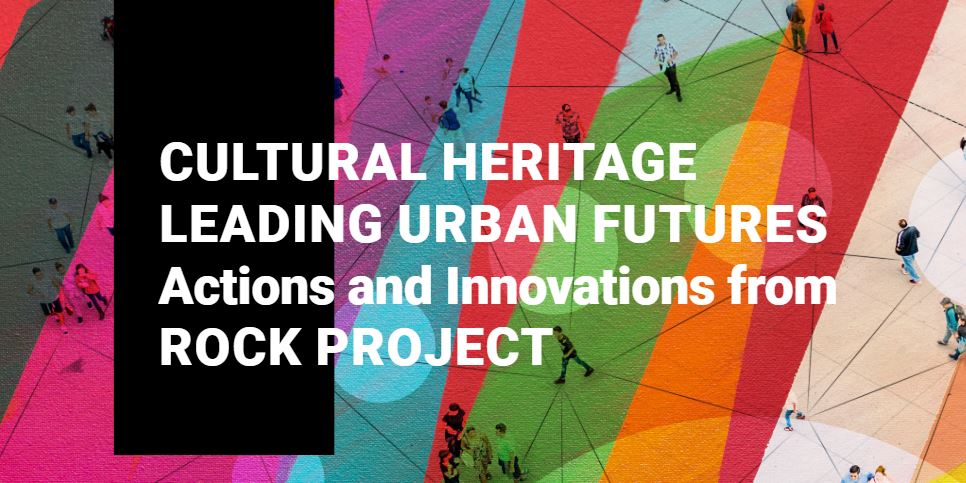 The
The 
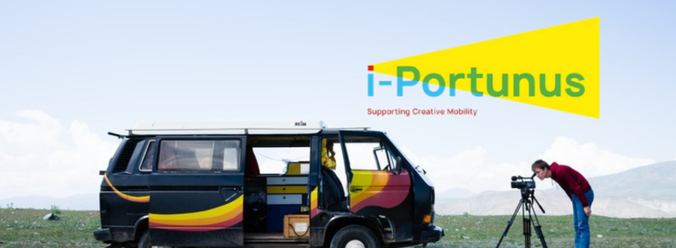 The pilot project i-Portunus, financed by the European Commision, supports artists mobility focused on creating, connecting, learning and/or exploring.
The pilot project i-Portunus, financed by the European Commision, supports artists mobility focused on creating, connecting, learning and/or exploring.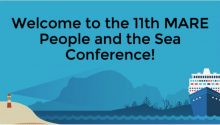
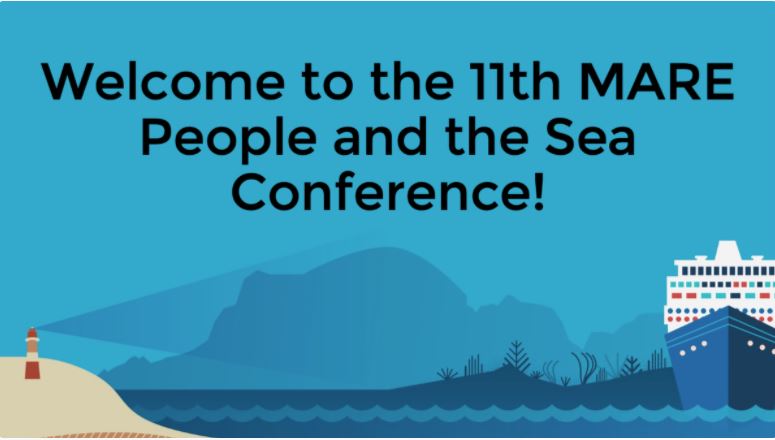 The 11th MARE People and the Sea Conference will take place from the 28th of June to 2nd of July, 2021. This year, the conference will be held virtually and will focus on the theme “Limits to Blue Growth?”. For decades sustainable development has served as guiding concept for policy makers, including those concerned in coastal and ocean governance. At the same time, the ‘blue economy’ and ‘blue growth’ have nowadays become popular concepts in marine policy. Notions on blue growth especially ask attention for new uses of the oceans, such as renewable energy (wind at sea), deep sea mining and deep-sea fishing but also aim at highlighting ecosystem services that have societal value (coastal protection, CO2 storage and biodiversity). The concept aims to reconcile two seemingly opposing uses of the oceans: exploitation and conservation, in the same way as was intended with the use of ‘sustainable development’. The concept also seems to promise that there still is a new, not yet reached frontier for economic expansion.
The 11th MARE People and the Sea Conference will take place from the 28th of June to 2nd of July, 2021. This year, the conference will be held virtually and will focus on the theme “Limits to Blue Growth?”. For decades sustainable development has served as guiding concept for policy makers, including those concerned in coastal and ocean governance. At the same time, the ‘blue economy’ and ‘blue growth’ have nowadays become popular concepts in marine policy. Notions on blue growth especially ask attention for new uses of the oceans, such as renewable energy (wind at sea), deep sea mining and deep-sea fishing but also aim at highlighting ecosystem services that have societal value (coastal protection, CO2 storage and biodiversity). The concept aims to reconcile two seemingly opposing uses of the oceans: exploitation and conservation, in the same way as was intended with the use of ‘sustainable development’. The concept also seems to promise that there still is a new, not yet reached frontier for economic expansion.
 The Louvre is about to get its first female director for the first time since its opening in 1793.
The Louvre is about to get its first female director for the first time since its opening in 1793. 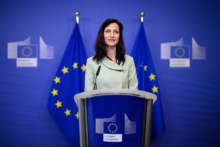
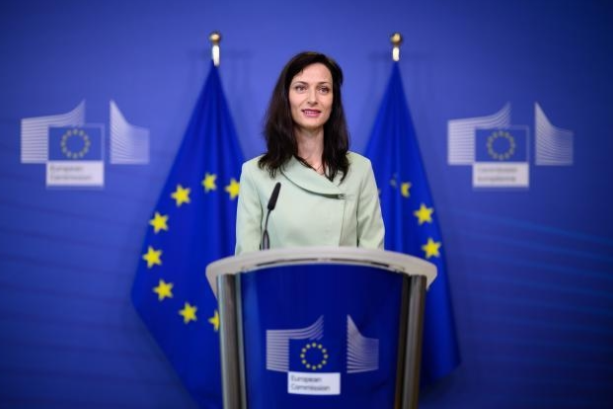
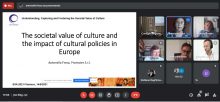
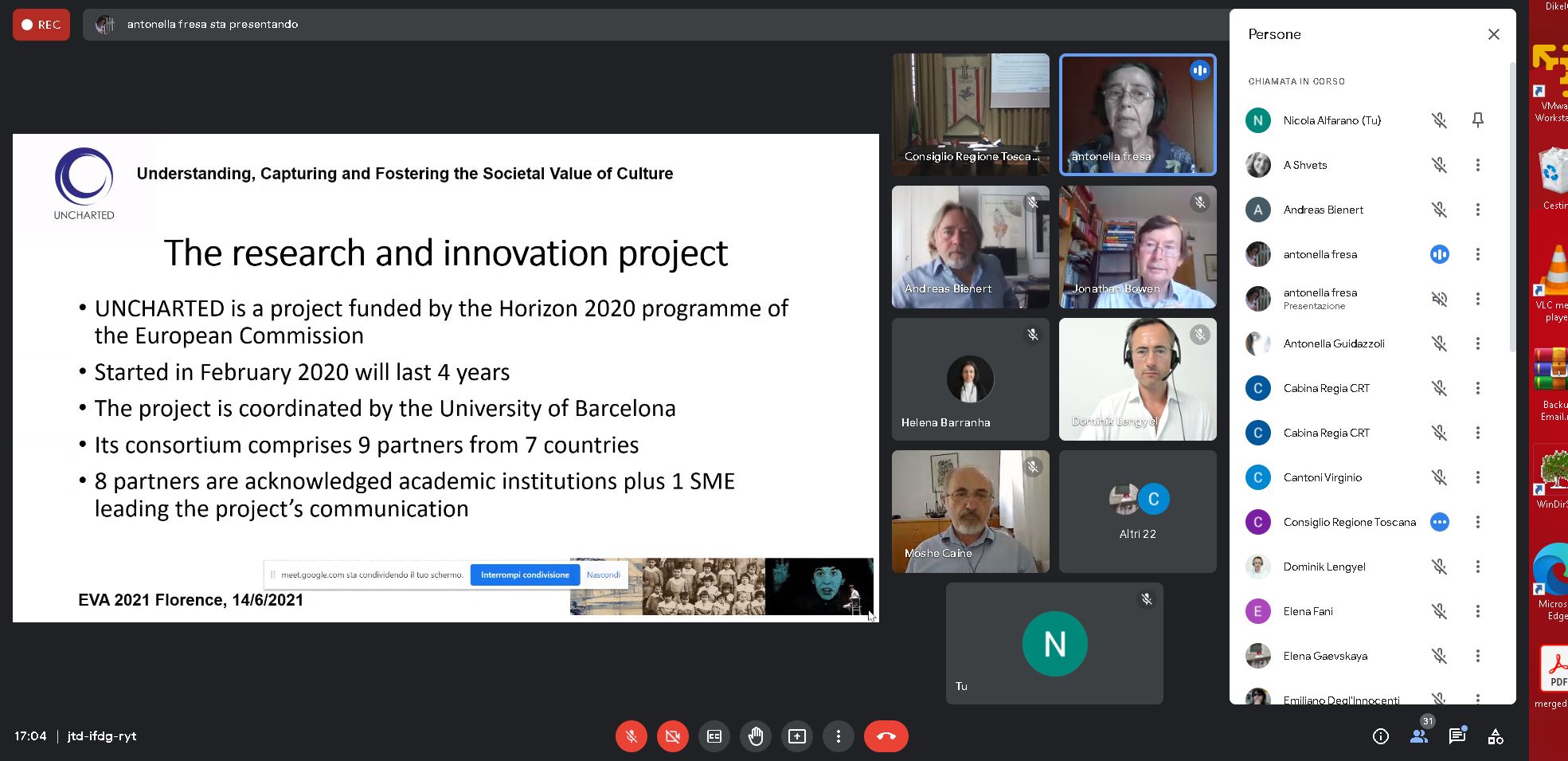 On June 14th 2021, the UNCHARTED project was presented at
On June 14th 2021, the UNCHARTED project was presented at 
 The ILUCIDARE Consortium including Europa Nostra, and the European Commission are delighted to present the shortlisted projects for the 2021 edition of the ILUCIDARE Special Prizes, awarded within the European Heritage Awards / Europa Nostra Awards!
The ILUCIDARE Consortium including Europa Nostra, and the European Commission are delighted to present the shortlisted projects for the 2021 edition of the ILUCIDARE Special Prizes, awarded within the European Heritage Awards / Europa Nostra Awards!

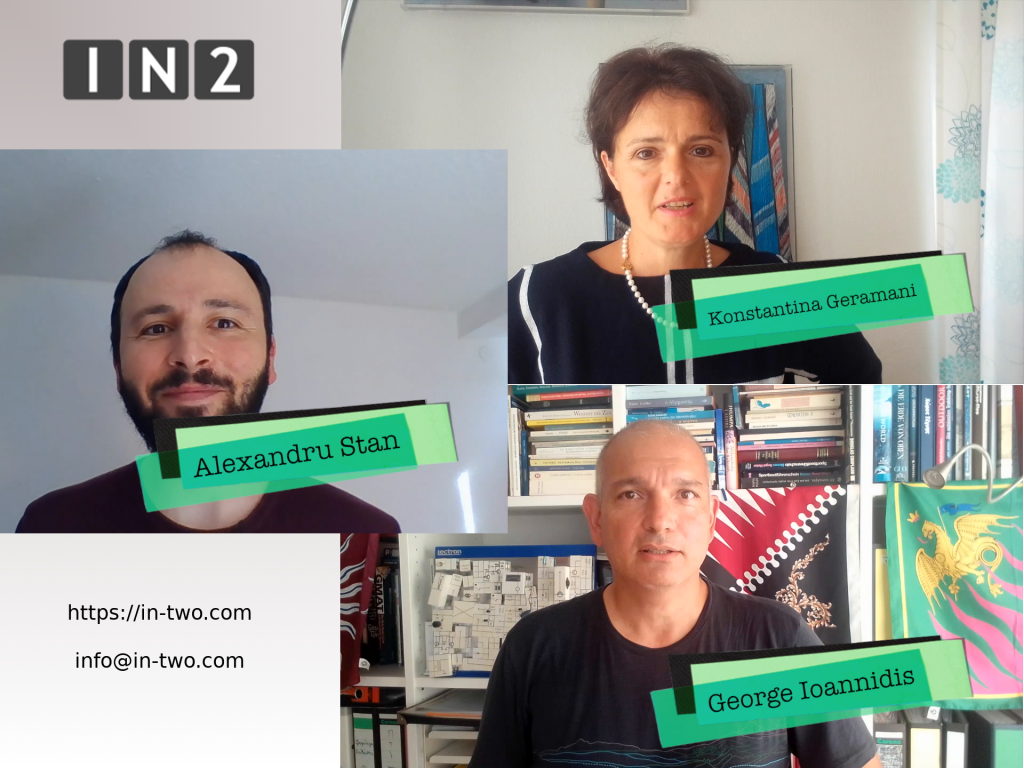
 If you have interesting news and events to point out in the field of digital cultural heritage, we are waiting for your contribution.
If you have interesting news and events to point out in the field of digital cultural heritage, we are waiting for your contribution.














